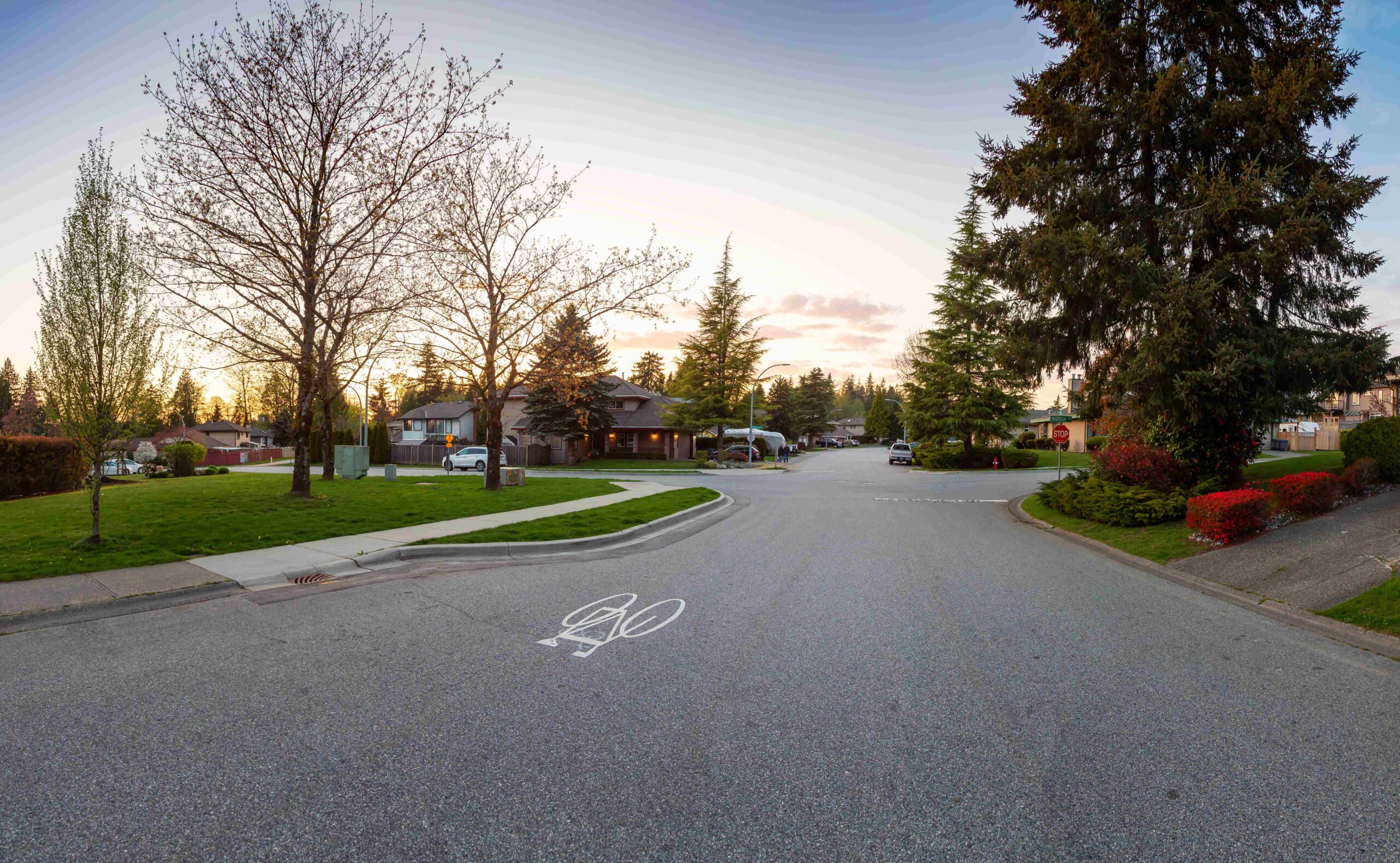
- min min
- No Comments
- November 12, 2025
Durable Driveways & Roads | Long-Lasting Surfacing Solutions in the UK
Whether it’s a busy motorway, a business car park, or a private driveway, durability is the ultimate goal in surfacing. Nobody wants to see cracks, potholes, or fading after only a few years. In the UK — where heavy traffic, frequent rain, and temperature swings are constant challenges — achieving long-lasting strength requires more than standard materials.
Modern surfacing has evolved far beyond simple asphalt and concrete. Today’s durable roads and driveways rely on high-performance materials, precise installation, and innovative maintenance techniques that keep surfaces smooth, strong, and safe for decades.
Why Surfaces Fail So Quickly
Traditional surfacing methods often fall short because they overlook one crucial factor — longevity. Over time, even small issues can develop into costly damage:
Water Infiltration – When rainwater seeps into cracks, it weakens the sub-base and accelerates erosion.
Freeze-Thaw Cycles – In colder months, trapped moisture expands as it freezes, widening cracks and breaking down materials.
Heavy Load Traffic – Cars, lorries, and construction vehicles place immense pressure on road surfaces, leading to deformation and rutting.
Poor Installation – An uneven or under-compacted sub-base compromises the structure from the start.
Low-Quality Materials – Using outdated or substandard asphalt mixes drastically shortens lifespan.
The result? Premature cracks, potholes, and surfaces that need costly repairs far sooner than expected.
The Foundations of Durability
To build roads and driveways that truly last, contractors must start from the ground up — literally. Durability begins with a strong foundation, quality materials, and expert workmanship.
1. Solid Sub-Base Preparation
The sub-base acts as the backbone of any surface. It distributes weight evenly and prevents movement or sinking. A properly compacted layer of crushed stone ensures stability, drainage, and long-term resilience. If this layer is uneven or poorly compacted, no amount of top-layer quality can compensate.
2. Polymer-Modified Bitumen
One of the biggest advancements in surfacing is polymer-modified bitumen (PMB). This enhanced binder adds flexibility and strength, helping the surface adapt to temperature changes and heavy loads without cracking. It’s particularly valuable for both driveways and high-traffic commercial sites.
3. Layered Construction
Durable surfaces use multiple layers — base, binder, and wearing course — each performing a specific role. The binder layer provides load distribution, while the top layer (wearing course) resists abrasion, water penetration, and UV damage.
4. Proper Compaction and Finishing
Even the best materials can fail if they aren’t compacted correctly. Machine-lay tarmac ensures consistent density and smoothness, reducing air gaps that could later allow water to enter. The result is a stronger, smoother, and more uniform finish.
Materials That Last
Not all surfacing materials are equal. Modern projects now combine strength, flexibility, and sustainability.
Tarmac (Asphalt)
Still one of the most reliable materials, tarmac provides strength and versatility for both residential and commercial applications. When installed using machine-lay methods, it forms a dense, uniform surface ideal for long-term performance. Regular sealing can extend its lifespan well beyond 20 years.
Resin-Bound Surfaces
For driveways, resin-bound systems are both beautiful and durable. By binding aggregates in a strong, flexible resin, these surfaces resist cracking and maintain permeability — allowing water to drain through rather than pool on top. They are also SUDS-compliant (Sustainable Drainage Systems), an increasingly important feature for modern UK homes.
Concrete Alternatives
In industrial areas, fibre-reinforced concrete and hybrid mixes provide exceptional compressive strength, ideal for heavy loads. However, they require proper expansion joints to handle temperature changes effectively.
Sustainability Meets Strength
Durability isn’t just about lasting longer — it’s also about building smarter and greener. The UK’s surfacing industry is moving toward sustainable solutions that protect both infrastructure and the environment.
- Recycled Asphalt Pavement (RAP): Old surfaces are reclaimed, processed, and reused in new mixes, saving natural resources.
- Low-Temperature Asphalt: Reduces energy use during production while maintaining the same strength and flexibility.
- Eco-Resins: Modern resin-bound materials use low-VOC binders that are safer for the environment.
At East Herts Surfacing, sustainability is built into every project — from material selection to waste reduction.
The Role of Drainage in Durability
Even the toughest materials will fail if water isn’t managed properly. Effective drainage ensures that moisture doesn’t undermine the sub-base or freeze within cracks.
Modern driveways and roads use graded slopes, permeable materials, and edge channels to redirect water safely. In urban projects, permeable tarmac and resin-bound systems are especially valuable because they reduce the risk of surface water buildup — a common cause of early surface failure.
Maintenance: The Final Secret to Longevity
Durability doesn’t end after installation. Simple, proactive maintenance can add years of life to any surface.
- Regular Cleaning: Removes debris and moss that trap moisture.
- Crack Sealing: Small cracks should be repaired early before they expand.
- Surface Sealing: Tarmac and asphalt benefit from periodic resealing to protect against UV and oil damage.
- Drainage Checks: Keep gutters, channels, and soakaways clear to prevent water accumulation.
A well-maintained surface isn’t just stronger — it also looks better, adds value to properties, and reduces repair costs in the long run.
Commercial and Residential Applications
Durable surfacing principles apply across every sector:
- Residential Driveways: Homeowners can combine strength and style with resin-bound or tarmac finishes.
- Business Car Parks: Machine-lay tarmac provides resilience under constant vehicle load.
- Public Roads: Councils choose high-performance asphalt mixes for minimal maintenance.
- Industrial Estates: Heavy-duty asphalt and reinforced sub-bases ensure long-term stability.
No matter the application, durability always comes down to one thing — the quality of materials and craftsmanship.
Partnering with the Right Contractor
The secret to a long-lasting surface isn’t just in the mix — it’s in the workmanship. Choosing a trusted contractor ensures that every stage, from preparation to finishing, is executed with precision.
At East Herts Surfacing, we specialise in high-quality, durable road and driveway installations across the UK. Using advanced materials and proven techniques, we deliver surfacing that performs beautifully — season after season, year after year.
Conclusion: Built to Endure
Durability doesn’t happen by accident. It’s achieved through planning, precision, and innovation. From the strength of the base layer to the smoothness of the final finish, every detail contributes to a surface that lasts.
If you’re ready to invest in a driveway or road that truly stands the test of time, trust the experts who understand the science of strength — East Herts Surfacing.





